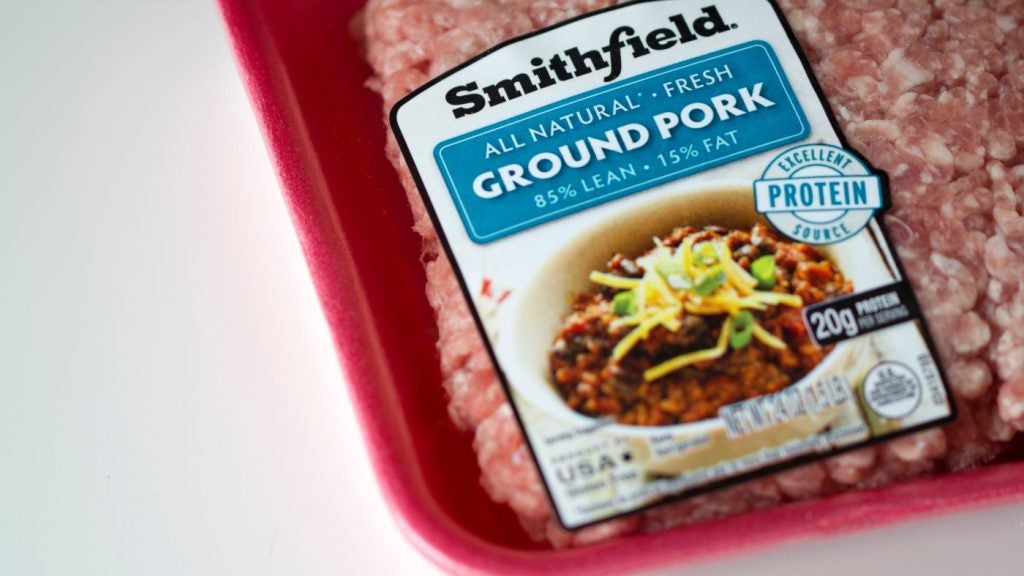American pork manufacturer Smithfield Foods is ending its grower contracts with 26 hog farms in Utah.
The decision, the group said, will help boost efficiency in the supply chain as it deals with “an industry oversupply of pork”, increased feed costs and lower consumer demand.
It confirmed the move would result in “the elimination of Smithfield positions that support contract farm relationships”.
Giving an estimated number, Smithfield said around 30% of the 210 people working at the farms could be affected.
Smithfield added that it would give those employees the chance to relocate and offer “transition assistance”.
“Our industry and company are experiencing historically challenging hog production market conditions,” Shane Smith, president and CEO at Smithfield Foods said in a statement.
He added: “Smithfield continues to take steps to improve operational efficiency and optimise our hog supply chain. These actions have included rebalancing production with East Coast harvest capacity, reducing our sow herd in Missouri and closing finishing operations in Utah.
“These are difficult decisions, but they are necessary to help our company remain competitive in this operating environment.”
The move is one of several initiatives Smithfield, which is owned by China’s WH Group, has made to reshape its supply chain this year.
In October, Smithfield announced it would be closing down its pork processing unit in Charlotte, North Carolina.
Impacting 107 employees, the decision was made to “increase efficiency and better utilise existing capacity”, the company said.
In August, the group also announced it would be closing 35 hog farm sites in Missouri, resulting in the lay-off of 92 workers.
Smithfield is not the only US-based meat processing company facing pressures this year.
Tyson Foods has announced plans to close a series of production facilities. In March, the company said it would shut two poultry factories in Virginia and Arkansas, which employed 1,600 staff collectively.
During the summer, the group also said it would be closing four domestic chicken facilities: two in Missouri, and one each in Arkansas and Indiana.
Its latest closure news came in November, when it decided to shut down two case-ready meat production sites in Jacksonville, Florida and in Columbia, South Carolina.









